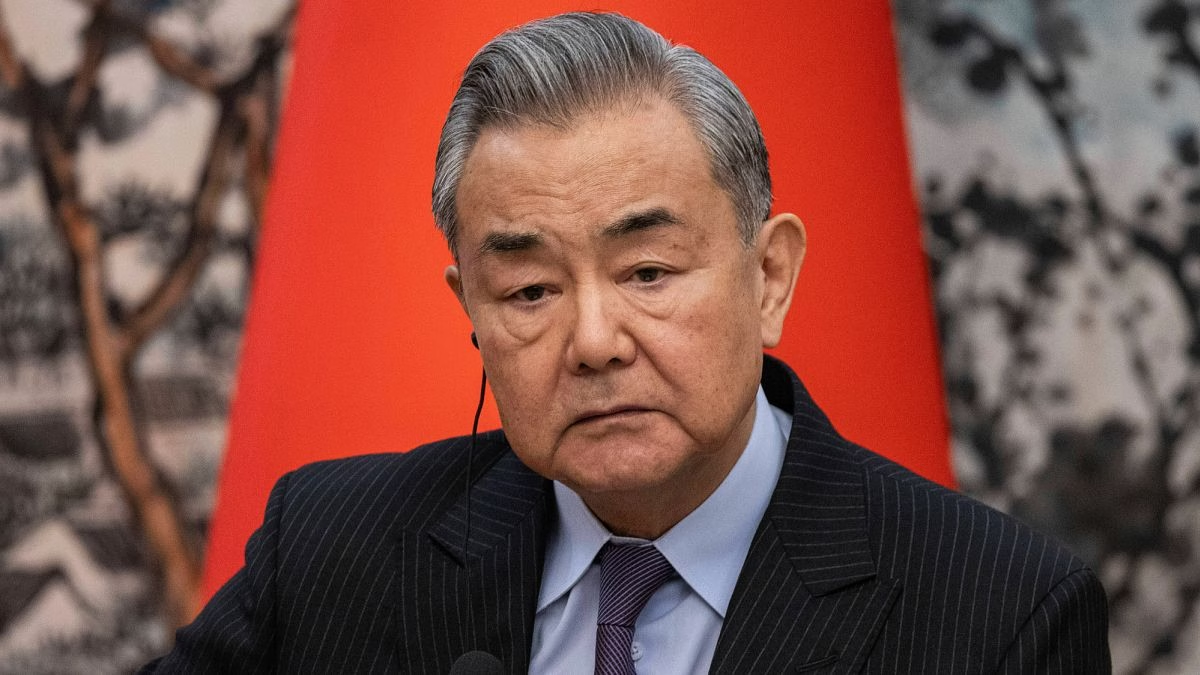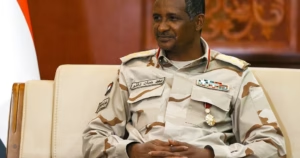China’s continued diplomatic and economic support for Russia remains strong despite Beijing’s public stance of neutrality in the conflict over Ukraine.
China’s Foreign Minister Wang Yi has arrived in Moscow to hold high-level discussions with his Russian counterpart Sergei Lavrov.
Wang is scheduled to meet Lavrov on Tuesday, and the talks are expected to cover strategic cooperation and international issues, as per Chinese officials.
The visit comes just days after Ukraine and Russia agreed in principle to a limited ceasefire following conversations with US President Donald Trump.
However, uncertainty surrounds the proposed truce, including concerns about its implementation, duration, and scope.
Trump, who facilitated recent communications between Ukrainian President Volodymyr Zelenskyy and Russian President Vladimir Putin, expressed criticism on Sunday.
“There’s tremendous hatred” between the two leaders, Trump remarked, stating that he was “angry” and “pissed off” by Putin questioning Zelenskyy’s credibility.
Despite claiming progress, Trump’s recent remarks highlight growing tensions within NATO, including strained relations with Canada, which is also embroiled in a trade dispute with the US.
Meanwhile, China has maintained its public stance of neutrality regarding the Ukraine conflict.
Beijing has provided diplomatic and economic support to Russia since the full-scale invasion of Ukraine three years ago.
Chinese Foreign Ministry spokesperson Guo Jiakun, at a press briefing, stated that China’s relationship with Russia “does not target a third party and should not be affected by any third party.”
“We always believe that dialogue and negotiation are the only viable way out of the crisis,” Guo said.
Although China’s announcement of Wang’s visit did not directly mention Ukraine, it emphasized efforts to “deepen strategic coordination” and “expand practical cooperation” with Russia, particularly in regional and international matters.
This support includes trade in energy and consumer goods, but Beijing has refrained from supplying arms or military expertise and instead has offered a vague peace proposal dismissed by analysts.
North Korean leader Kim Jong-un recently expressed unconditional support for Russia’s war in Ukraine during a meeting with a prominent Russian security official in Pyongyang.
This follows South Korean intelligence reports in February suggesting that North Korea may have sent additional troops to Russia following heavy casualties among Russian forces.





